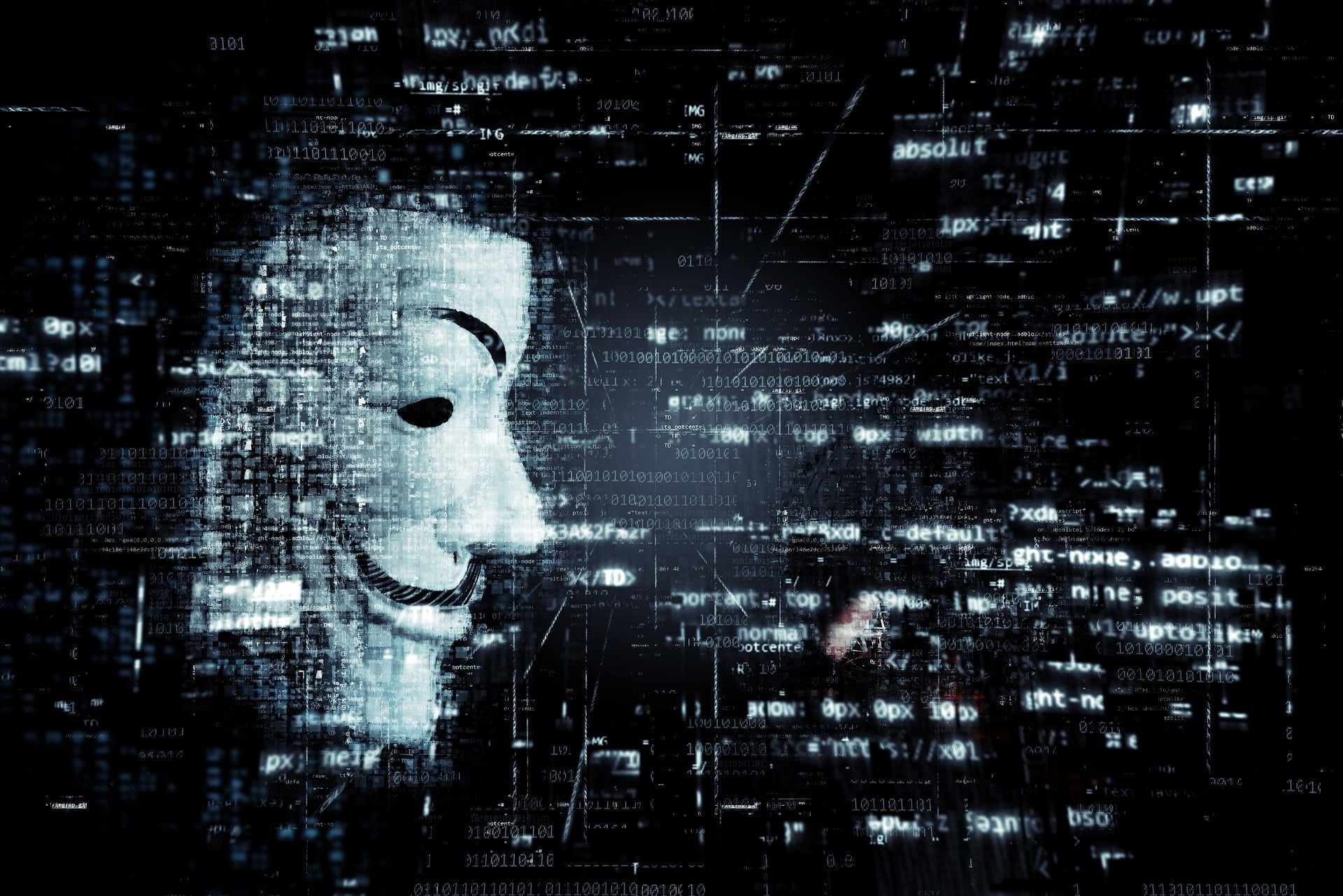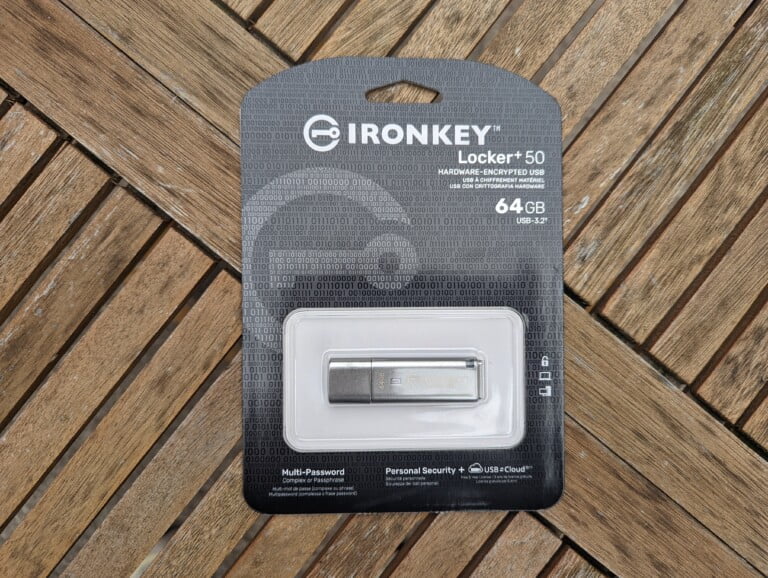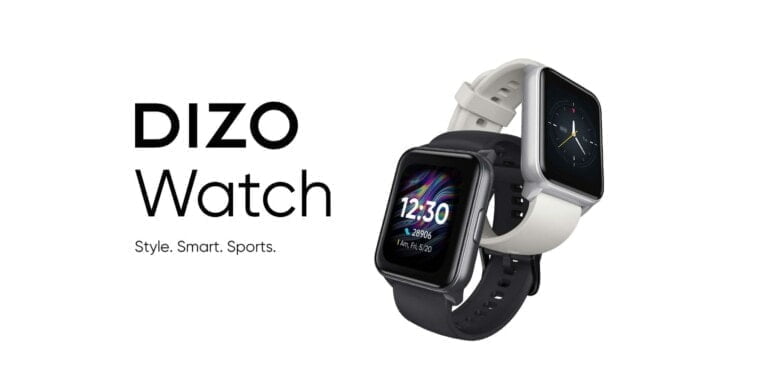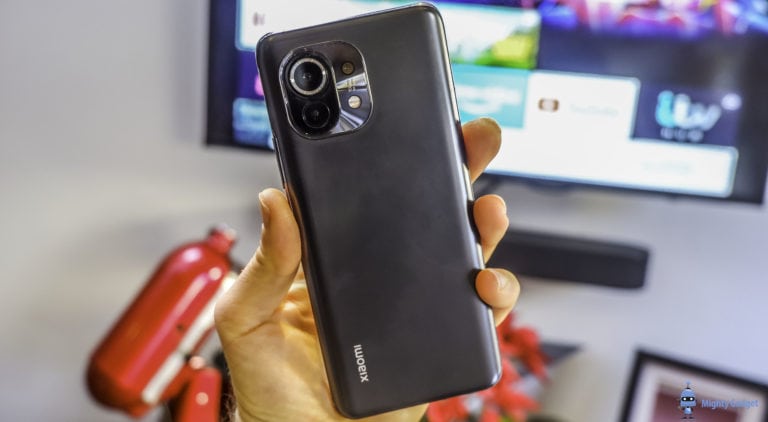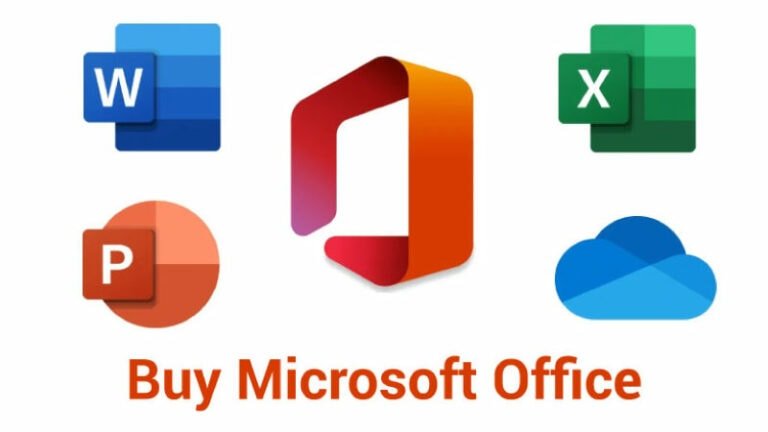Any links to online stores should be assumed to be affiliates. The company or PR agency provides all or most review samples. They have no control over my content, and I provide my honest opinion.
It’s Sunday morning and you’re enjoying a delicious cup of coffee at your local café while using the public WiFi on your smartphone to catch up on your emails, update your social media status, or make an online transaction.
That’s something most of us do, right? After all, public WiFi enables us to not only stay connected on the go, but also save hard-earned money on mobile data charges. But did you know that a plethora of dangers lurk on these networks?
By connecting to public WiFi without the appropriate security safeguards, you make yourself an attractive target for hackers who want to get their hands on your personal information and use it to engage in illicit activities, such as identity theft.
The Risks of Using a Public WiFi
Public WiFi networks can be found everywhere you go, from hotels and airports to shopping malls and restaurants. They’re so common and widespread that most individuals regularly connect to them without even giving it a second thought.
Business owners provide public WiFi as a means to lure more customers and in turn increase their profits. However, given that security on these networks is either poor or inexistent, you’re left vulnerable to a variety of threats like:
WiFi Eavesdropping
Using special programs and even tools, hackers can eavesdrop on WiFi signals to access everything that you’re up to online. This allows them to view the websites you’ve visited (as well as any information that you might have entered there), capture your usernames and passwords, and even hijack your browsing sessions.
Man-in-the-Middle Attack
Man-in-the-middle (MITM) attacks are the most common threat to your personal information on public WiFi networks. Basically, it consists of a hacker secretly positions themselves as a proxy or relay in the communications between two parties in order to exploit real-time transactions, data transfers, or conversations.
Rogue WiFi Hotspot
This is another huge risk of using public networks. Rogue WiFi hotspots usually have names that mimic those of nearby legitimate hotspots, and are set up by hackers to fool unsuspecting victims into thinking they’re connecting to the right network. Once they do, the host can not only intercept data but also inject malware into your device.
Malware Infection
Hackers can sneak malware onto your device without your knowledge by exploiting software vulnerabilities, which are weaknesses or security holes discovered in a software program or operating system. By writing code for a specific vulnerability, they can infect your device with malware to steal your sensitive information.
How to Remain Secure on Public WiFi Networks?
Ideally, you should avoid public WiFi networks altogether as they’re far from safe. If you don’t have much of a choice though, you can make it harder for hackers to steal your data on public WiFi by following these tips:
- Disable Filesharing: If your file sharing is turned on, it becomes considerably easier for hackers to target your computer and walk away with your data. As such, it only makes sense to turn off file sharing before you hop on public WiFi networks.
- Only Visit HTTPS Websites: When you’re browsing, make sure the websites you visit are HTTPS protected. This ensures that the communications between you and the site are encrypted, making it difficult for the bad guys to intercept them.
- Use a VPN: The easiest and most effective way to use public WiFi safely is to use a virtual private network. It creates an encrypted tunnel for your WiFi traffic to pass through, making your data unreadable to hackers on the network.
- Turn Off Auto-Connect: It’s a safer bet to configure your device to not automatically connect to available networks. This will keep it from searching for and connecting to trusted networks, which let’s face it, can be easily be spoofed by hackers to snatch your information.
- Install Antivirus: If you’re using public WiFi networks, it’s essential that you’re running some kind of antivirus program. After all, you wouldn’t want to be on the receiving end of a virus or malware infection.
Final Words – Celebrate Safer Internet Day 2019 with PureVPN!
With Safer Internet Day 2019 fast approaching, PureVPN has joined hands with the UK Safer Internet Center to highlight the importance of Safer Internet Day.
The VPN provider has published a comprehensive resource to spread the initiative’s message, and also is giving away 10 monthly VPN accounts for free to those who participate in their SID campaign.
Do your bit in making the Internet a better place for all!
I am James, a UK-based tech enthusiast and the Editor and Owner of Mighty Gadget, which I’ve proudly run since 2007. Passionate about all things technology, my expertise spans from computers and networking to mobile, wearables, and smart home devices.
As a fitness fanatic who loves running and cycling, I also have a keen interest in fitness-related technology, and I take every opportunity to cover this niche on my blog. My diverse interests allow me to bring a unique perspective to tech blogging, merging lifestyle, fitness, and the latest tech trends.
In my academic pursuits, I earned a BSc in Information Systems Design from UCLAN, before advancing my learning with a Master’s Degree in Computing. This advanced study also included Cisco CCNA accreditation, further demonstrating my commitment to understanding and staying ahead of the technology curve.
I’m proud to share that Vuelio has consistently ranked Mighty Gadget as one of the top technology blogs in the UK. With my dedication to technology and drive to share my insights, I aim to continue providing my readers with engaging and informative content.

